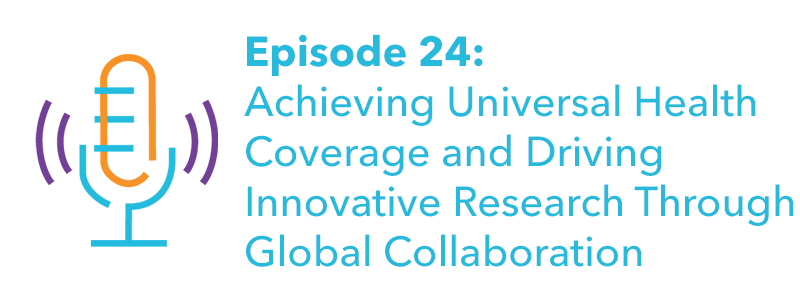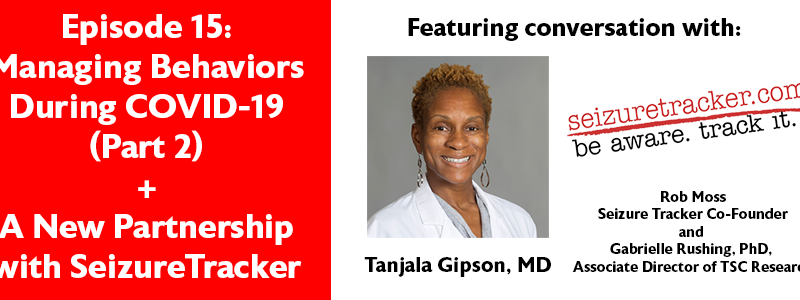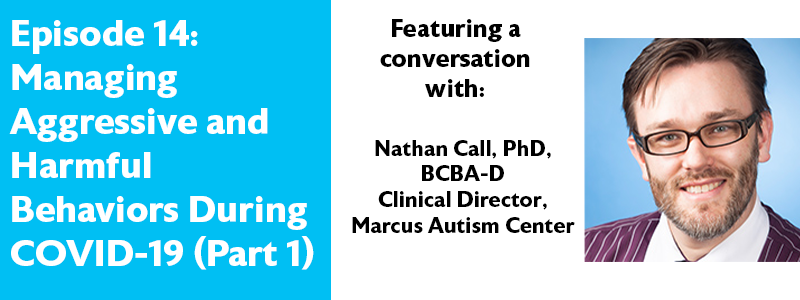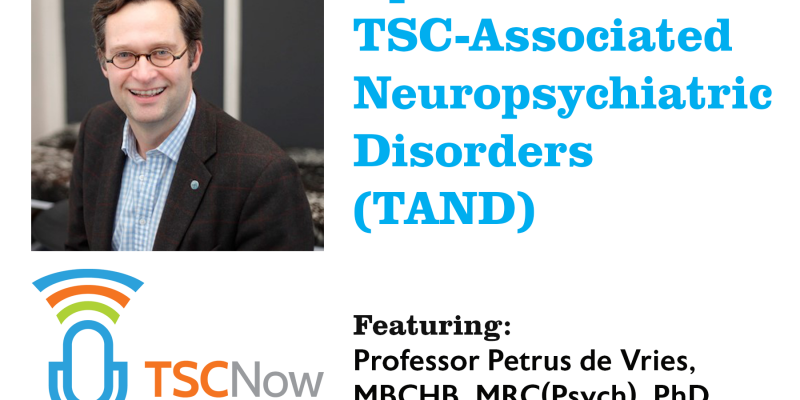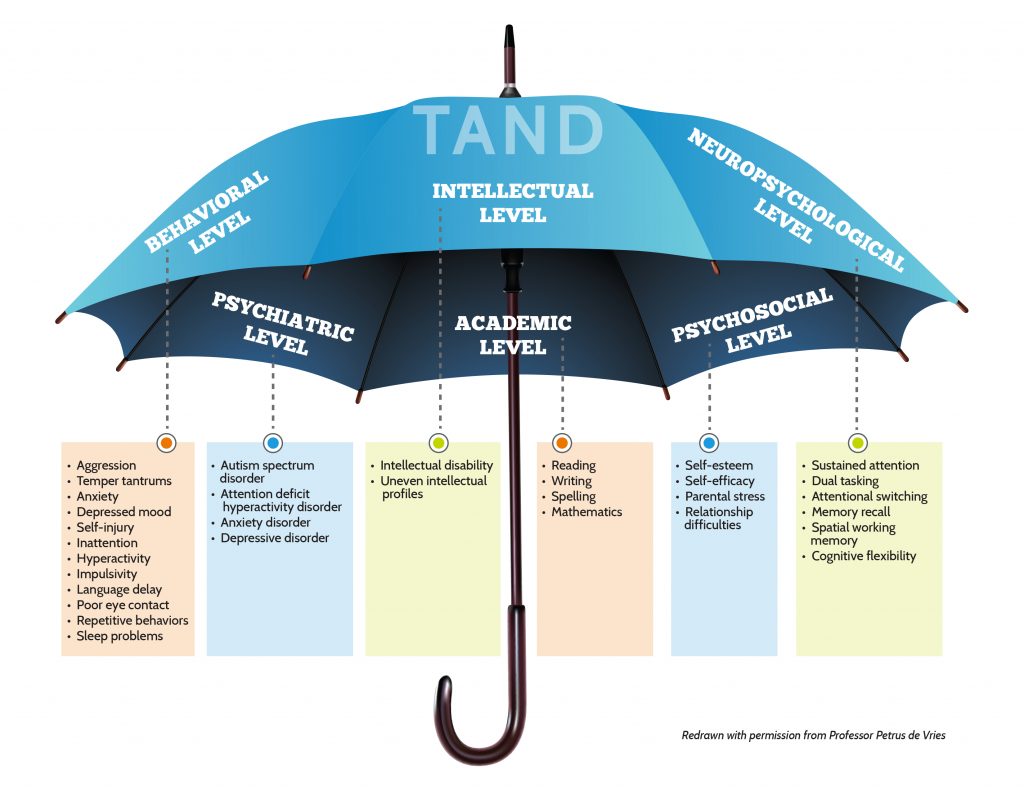Podcast: Play in new window | Download
Subscribe: Apple Podcasts | Spotify | Amazon Music | Blubrry | RSS | More
It’s the two-year anniversary of TSC Now and we’re celebrating with a new name, the TSC Alliance! If you missed our announcement on May 16, the Tuberous Sclerosis Alliance has changed our name to the TSC Alliance to reflect how the organization has evolved over the years and with the name change we also have a new logo, new branding and a new tagline, “Hope no matter how complex.” Learn more about this evolution.
In recognition of #TSCGlobalDay and TSC Awareness Month, host Dan Klein learns about two global collaborative projects aimed at improving the lives of those living with rare diseases around the world. First, he talks to Matt Bolz-Johnson (02:44), Programme Director of the Collaborative Global Network for Rare Diseases at Rare Diseases International (RDI), who is leading a partnership with the World Health Organization to develop the first Collaborative Global Network for Rare Diseases. RDI envisions a world where people living with a rare disease, no matter where they live, can reach a network of expertise for accurate and timely diagnosis and appropriate care and believe that to strengthen health systems to address the needs of the 300 million people worldwide living with a rare disease requires common strategies and action at the national, regional and global level. The TSC Alliance and the TSC Alliance of India have partnered with RDI to help advance this project and Dan and Matt discuss how advocacy organizations play a vital role in the global network model.
Then, Dan catches up with Professor Petrus de Vries, MBChB, FRCPsych, PhD, Sue Struengmann Professor of Child & Adolescent Psychiatry at the University of Cape Town, South Africa, and Professor Anna Jansen, MD, PhD, Pediatric Neurologist at Universitair Ziekenhuis Brussel, Vrije Universiteit Brussel in Belgium (18:12). Petrus and Anna are Principal and Co-Principal Investigators of the TANDem Project, an international effort to improve the lives of families dealing with TSC-associated neuropsychiatric disorders (TAND) through the development of technology empowering families to self-administer the TAND checklist and access tools to address specific TAND manifestations. They provide an update on the project, what they’ve learned through the first year and a half working with the various clusters, and what the timeline and aims are for the future.
Thank you to everyone who has listened and supported TSC Now over the last two years, we will continue to work hard to provide entertaining and valuable content for families and individuals affected by tuberous sclerosis complex.
Resources and Links
- Learn more about Rare Diseases International: https://www.rarediseasesinternational.org/
- Learn more about the Collaborative Global Network for Rare Diseases: https://www.rarediseasesinternational.org/cgn4rd/
- Watch Matt present on the Collaborative Global Network and Universal Health Coverage: https://www.youtube.com/watch?v=RsDxadzNs7A&ab_channel=RareDiseasesInternational
- Learn more about TSC-Associated Neuropsychiatric Disorders: https://www.tscalliance.org/about-tsc/signs-and-symptoms-of-tsc/brain-and-neurological-function/tand/
- Learn more about the TANDem Project: https://tandconsortium.org/
- Download the TAND Checklist in multiple languages: https://tandconsortium.org/checklists/
- Submit tips to the project team on how your family manages TAND manifestations: https://tandconsortium.org/checklists/
